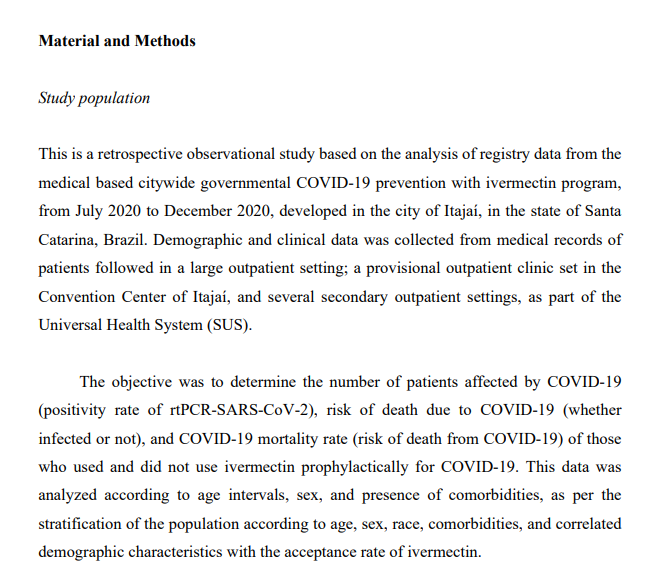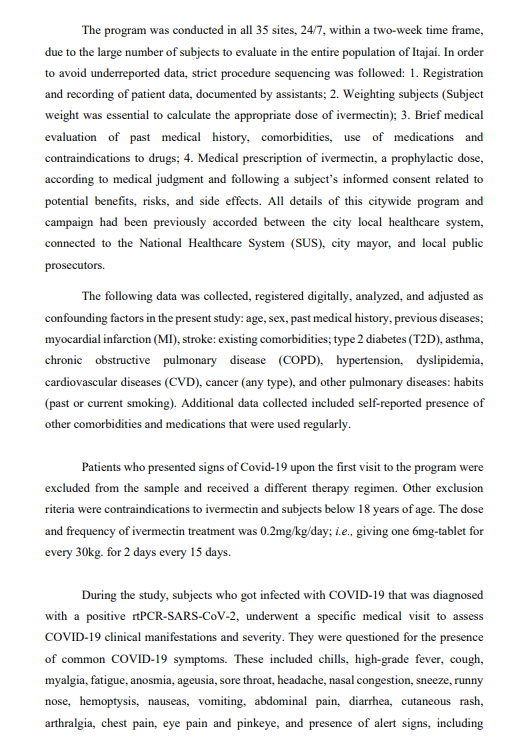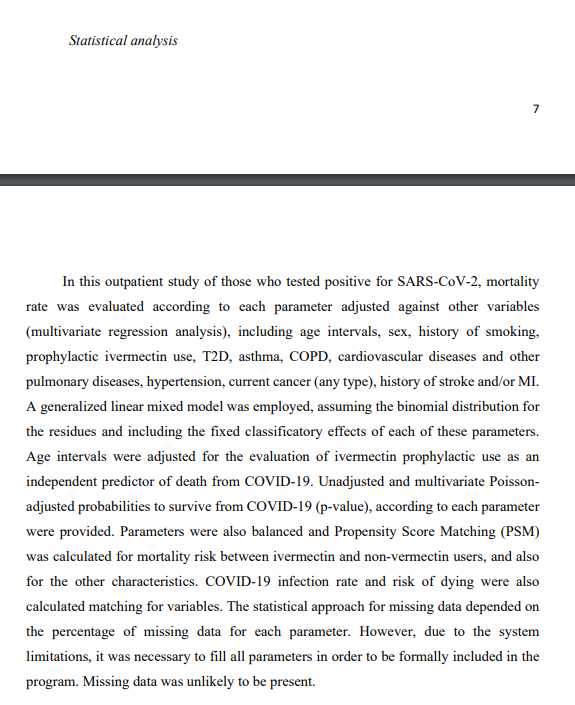
I don't think weird right-wing people from overseas who pretend to care about borders only when it's convenient to them realize how deeply unpopular Djokovic was here in Australia 

This is polling by @theage, as mainstream as media gets here, showing that in a reasonably representative sample the anti-vaccine tennis twat had virtually no support at all. 6 out of 7 voters either didn't care or thought he should fuck off 

Problem is, most Australians are very pro-vaccine, hate tall poppies, are a bit touchy about borders, have had a hard time of travelling during the pandemic, and feel very strongly about following rules (especially COVID rules)
So Djokovic (unintentionally I suspect) managed to tread all over like half of the current national identity by being anti-vaccine, and flaunting it to travel into Australia in defiance of what most people thought the rules were
I reckon he'd have caused less of a ruckus if he'd taken a shit on an Australian flag the week before the competition and posted that on instagram instead. It felt, I think, to a lot of people like he was intentionally disrespecting the country and everything we've done
So...yeh. He got kicked out. It's an election year, and the government was never going to lose this golden opportunity to win countless votes 🤷♂️
Oh, and in terms of tourist dollars, I have some bad news for the Americans who seem to have an overly inflated opinion of their relative importance to the Australian market 

• • •
Missing some Tweet in this thread? You can try to
force a refresh












